[ad_1]
Analysts believe the declaration is a reflection of current regional tensions.
The US and Israel vowed to not allow Iran to obtain a nuclear weapon under a joint declaration on the US-Israel Strategic Partnership, released on Thursday.
“The United States stresses that integral to this pledge is the commitment never to allow Iran to acquire a nuclear weapon, and that it is prepared to use all elements of its national power to ensure that outcome,” said the joint declaration, released by the White House.
The declaration was signed between US President Joe Biden and Israeli Prime Minister Yair Lapid after a meeting in Jerusalem on Thursday. This comes during Biden’s first visit to Israel as president of the United States.
“The United States further affirms the commitment to work together with other partners to confront Iran’s aggression and destabilising activities, whether advanced directly or through proxies and terrorist organisations such as Hezbollah, Hamas, and Palestinian Islamic Jihad,” added the statement.
The announcement is seen as an extension of Washington’s anti-Iran rhetoric while failing to take action against its ally Israel, the only nuclear power in the region.
Responding to the newly-published statement, analysts said it could contribute to existing regional tensions.
“It could contribute to the existing trend of rising tensions in the region, but the declaration seems more a reflection of current tensions that have resulted from the stalled Iran nuclear talks and conflict between Iran and Israel,” Anna Jacobs, Senior Gulf Analyst at International Crisis Group.
The move also raises questions on the potential impact of the declaration on regional security and the fate of the stalled nuclear talks.
“The declaration will not fundamentally impact the nuclear talks, which are faltering by the day. The idea behind the declaration is likely to show a united front between the US and Israel and apply pressure on the Iranian administration, but the declaration probably won’t create any new dynamics,” added Jacobs.
For decades, Israel has repeated claims that Iran is manufacturing a nuclear weapon as part of Tel Aviv’s efforts to maintain military advantage in the region—ultimately ensuring that it can continue illegally occupying Palestine without any threat.
“The only way to prevent Iran from acquiring a nuclear weapon is for Iran to realise that the free world will use force,” Lapid told the press after the signing of the declaration.
Speaking on Israeli television on Wednesday, Biden echoed similar sentiments, noting he would use resort to force against Tehran to prevent it from acquiring a nuclear weapon.
Qatar hosted the most recent round of nuclear talks last month, however yielded no progress. The Gulf state has long expressed its support for the revival of the Joint Comprehensive Plan of Action (JCPOA).
A key demand by the Iranian negotiators has been the removal of its Islamic Revolutionary Guard Corps (IRGC) from the US “terrorism”. The US has refused to fulfill Iran’s demand and vowed to keep the paramilitary group on the list.
Despite the former US Donald Trump administration unilaterally stepping out of the JCPOA in 2018, Washington has continued to accuse Iran of breaching the accord.
“I think the idea is to also put in writing a shared US-Israel commitment to the use of force, if necessary, to prevent Iran from having a nuclear weapon. But it’s important to keep in mind that it’s a non-binding declaration, not a treaty or any sort of legally binding document,” said Jacobs.
[ad_2]


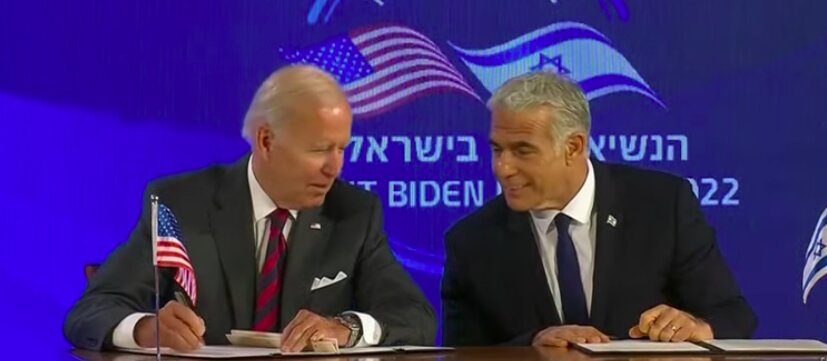
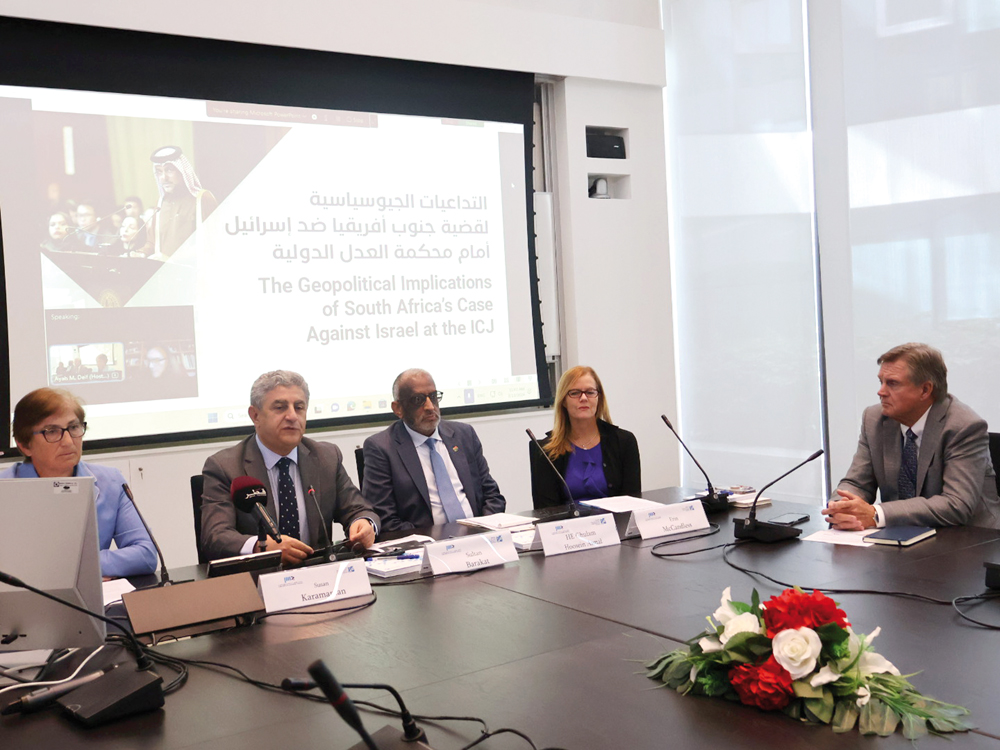
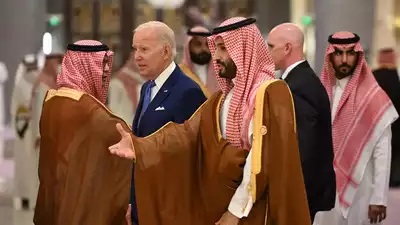
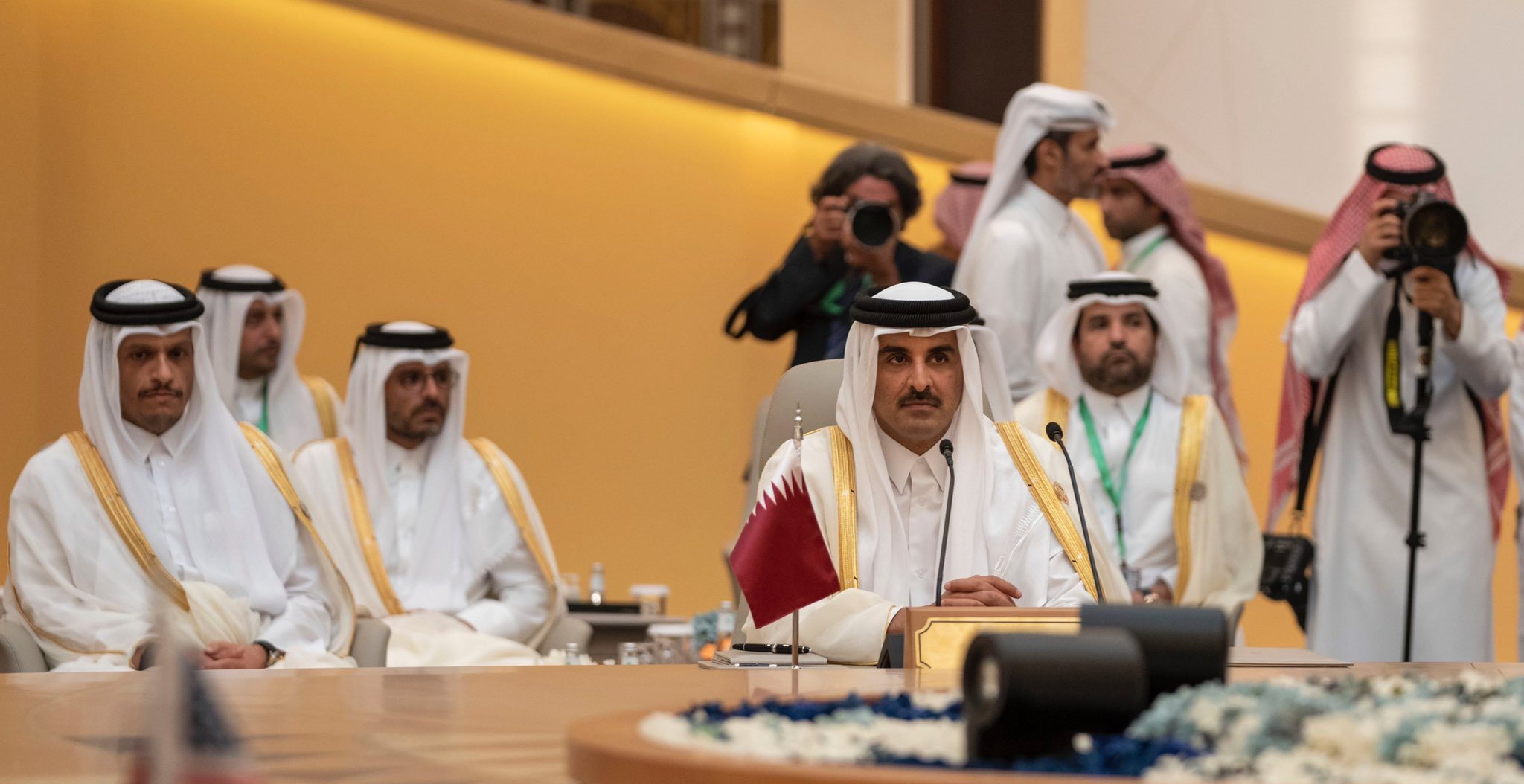
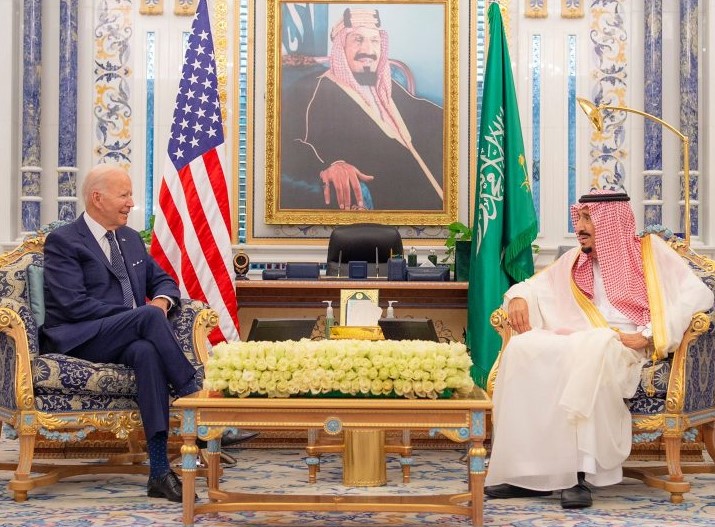

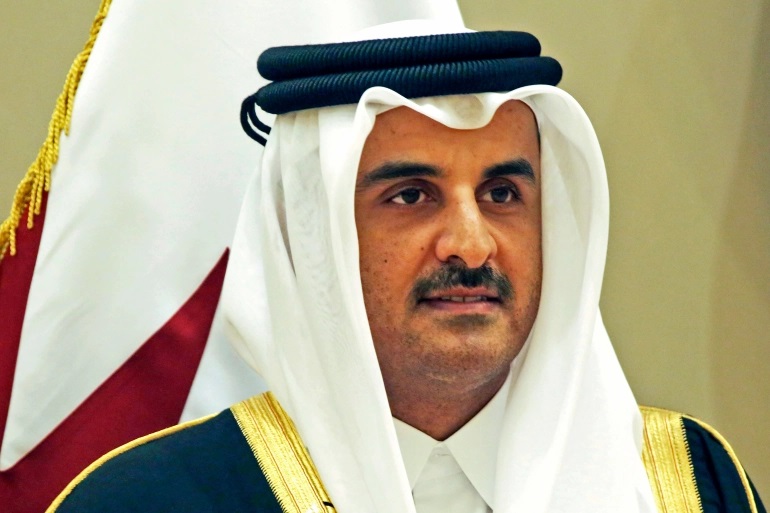

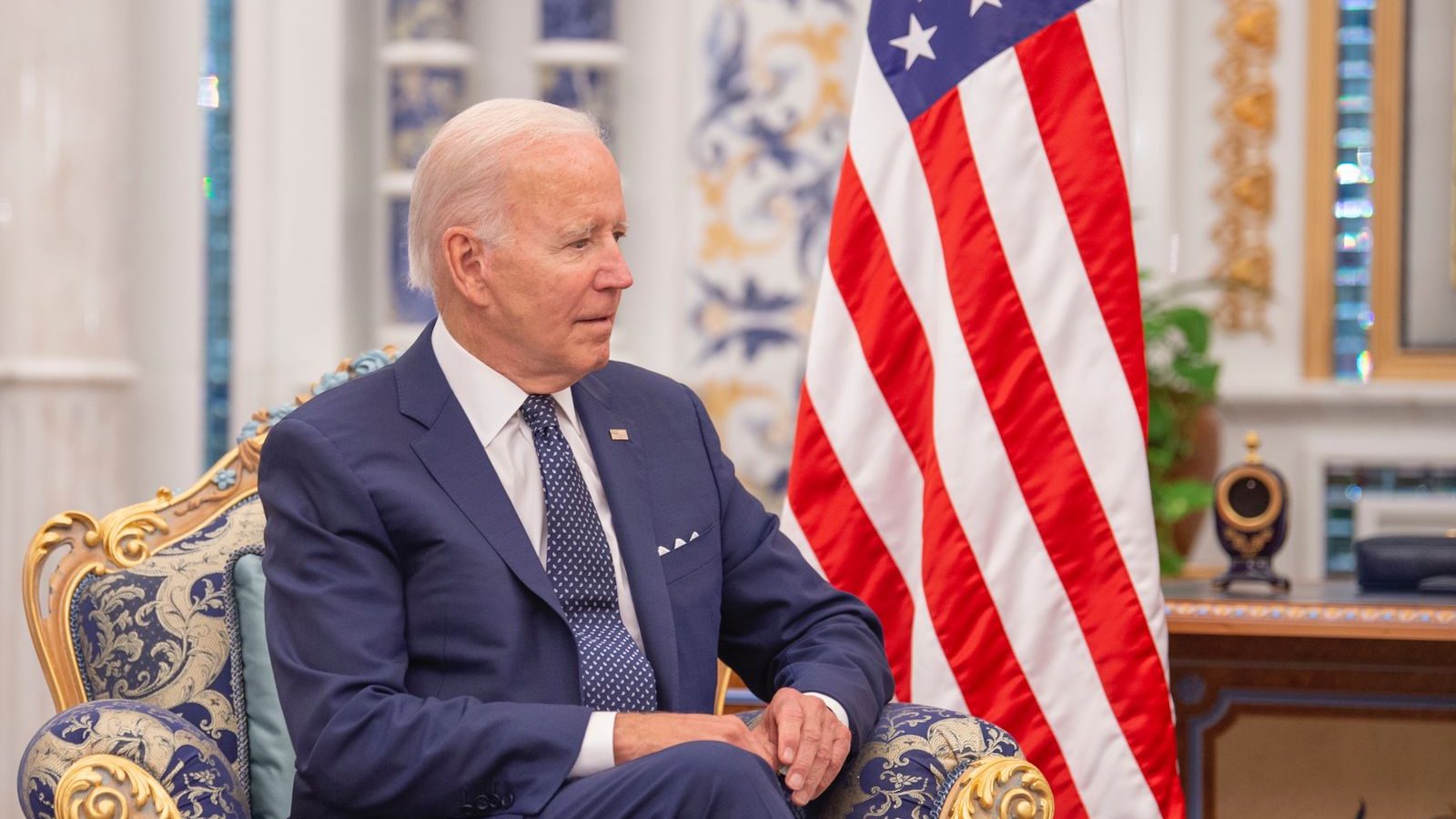

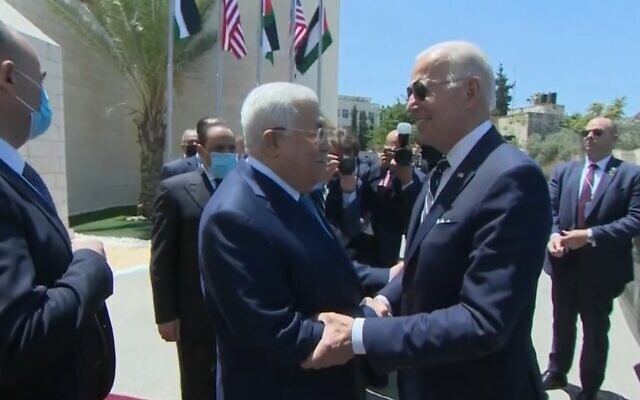




Leave a Reply